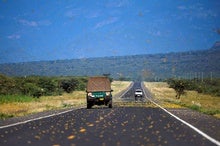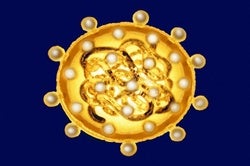 |
| January 31, 2020 |
Dear Reader,
Yesterday, the World Health Organization declared the coronavirus outbreak a global health emergency. Researchers also reported that people showing no symptoms of the disease appear to be able to spread it. If confirmed, the finding will make it much harder to contain the virus. A separate alarming situation is happening across parts of Africa and southwest Asia: mass swarms of desert locusts. In other news, scientists designed a soft robot that "sweats" to cool itself when temperatures rise. |
| | Sunya Bhutta, Senior Editor, Audience Engagement
@sunyaaa | |
 |
| |
| |
| |
| Arts & Culture Sign Languages Display Distinct Ancestries Well more than 100 distinct sign languages exist worldwide, with each having features that made it possible for researchers to create an evolutionary tree of their lineages. |  | By Susanne Bard | 03:00 | | | |
| |
| |
FROM THE STORE
 | | Ask the Experts: Human Body and Mind The third eBook in our Ask the Experts series, Human Body and Mind tackles questions about our own strange and mysterious biology, from how we evolved to exist this way to feats of body and mind. |  | | |
| |
FROM THE ARCHIVE
 | | Global Infections by the Numbers Outbreaks of infectious diseases are rising around the world, although deaths are dropping. Here we show several snapshots that capture these trends. By Jen Christiansen | | |
| |
LATEST ISSUES
 |
| |
| Questions? Comments?  | |
| Download the Scientific American App |
| |
| |



















Comments
Post a Comment